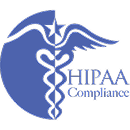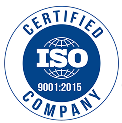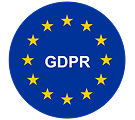eClinicalWorks
eClinicalWorks
eClinicalWorks EHR/EMR Support & Revenue Cycle Management Solutions












































EClinicalWorks EMR/EHR Support
eClinicalWorks is one of the top world-class EHR platforms, offering an EMR module, Practice Management module, Revenue Cycle Management module, Medical Billing, and Telehealth module. CapMinds offers eClinicalWorks-based EHR and RCM services for clinics, medical centers, specialty practices, and hospitals

Revenue Cycle Management
CapMinds excels in RCM, medical billing, and collections for practice-based physician groups. Our revenue cycle management services include medical coding, claim tracking, denial management, online payments, financial reporting, practice management, and MACRA/MIPS measures
- Overall collection efficiency 85 % to 95%
- First time collection efficiency 70% to 80%
- 20% Improvement in A/R
- 25% Decrease in Insurance Denials
- 35% Decrease in Billing Costs
Medical Credentialing
Our credentialing team provides fast and accurate eClinicalWorks-based credentialing services for your practice that eliminates lost productivity while increasing practice revenue collection. We are here to submit clean claims and timely medical statements
- Prior authorization
- Aging and coding audit
- Denial management
- Accurate claim submission
- Insurance eligibility verification

Why Choose CapMinds ?
Other Services
CapMinds is a reliable implementation, customization, integration, and support services partner, that will help your healthcare business to accelerate workflow with efficient management that can produce perfect satisfaction, quality care, and health outcomes.

Implementation & Customization Services
- Custom health application development
- Business Intelligence dashboards
- Openemr customization
- Clinical workflow management
- Health cloud implementation
- Dashboard customization

Integration Services
- OpenEMR integration
- Healthcare Practice Management
- Payment integration
- Lab integration
- Twilio integration
- Google workspace integration
- Clearinghouse integration
- Interoperability

Support Services
- Training
- Consultation
- Post-implementation services
- Legacy transformation
Clients
Awards & Certification
CapMinds is globally recognized for excellence in Healthcare IT security, regulatory compliance, responsive support, and service quality. Trusted by leading healthcare organizations, we uphold the highest standards to safeguard patient data, ensure uninterrupted operations & deliver solutions you can rely on.

















